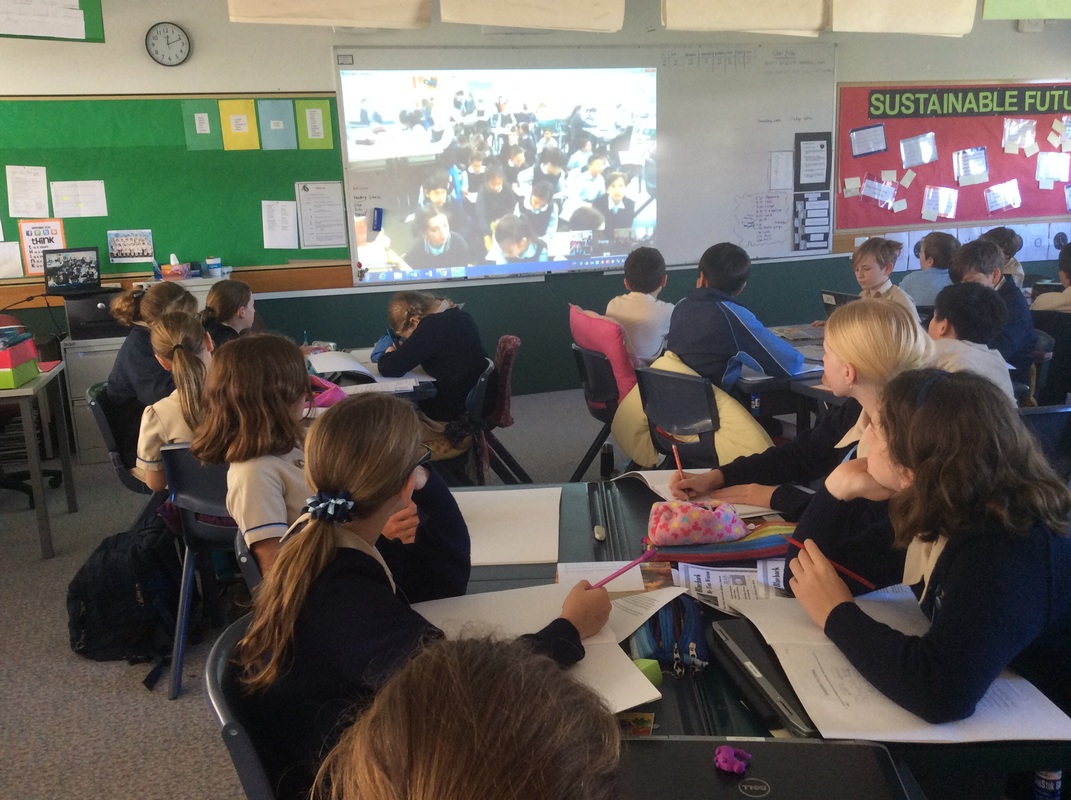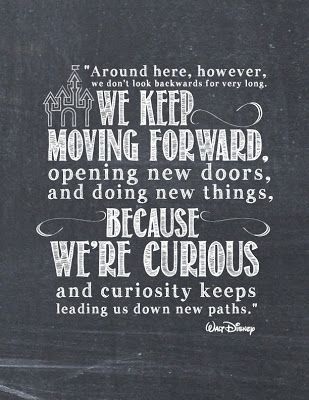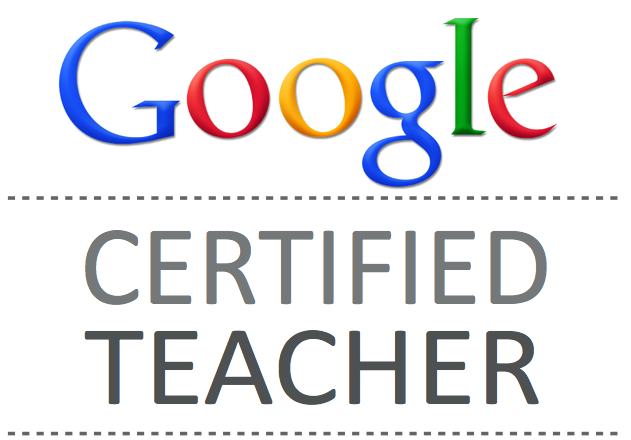|
Not even a fortnight after we launched the Student Scribe program in the classroom, two of my students have created their own blogs. One is a journal that the student is using to post events and photos from her life, while the other is an online magazine for teenagers. Imagine how much those students - currently 11 years old - will know about the consumer market, business and design, by the time they are ready to leave school. Think of the skills that are required to compile and edit an online magazine. And think of the intrinsic motivation that occurred for this to become a reality in the first place. Students who don't exhibit traditional 'academic' skills thrive in the online environment - a place where creativity is valued and appreciated. How are we setting kids up to succeed, if they're struggling in the current curriculum?
1 Comment
What do you get when you mix 200 students, 4 schools, several teachers and one brilliant idea on Twitter? An interstate collaborative sustainability project, of course! Brett Salakas, from St Kevin's in Sydney (@MRsalakas), put out a tweet recently asking if anyone was interested in using Google Hangouts to launch a collaborative project focused on his upcoming conservation unit. After a few enthusiastic responses, several emails back and forth and one test call later, students on the Gold Coast were today listening to Mr Salakas in Sydney explain about carbon footprints, biomes and how all this relates to Minecraft and Antarctica!
Students across the country are now looking forward to this time next week when they can again meet up with their new learning buddies, in preparation for their collaborative inquiries in the coming weeks. Exciting times! In a previous post I talked about my plans to implement Alan November's idea of a class scribe. I started the scribe program in my Year 6 classroom three days ago. This morning, one of my student's parents emailed me and said that as her son would be home sick for a couple of days, could she please have some work for him to complete at home. I suggested that she get him to look at the class blog, in which the previous day's scribe had posted links to websites we had explored, photos of work samples she had completed and even a video of a dance practice in preparation for the school fair.
This evening I came home to see that the boy had commented on the blog post, "This helped me a lot as I have been sick over the last few days." Since then I haven't been able to wipe the smile off my face... How motivational for that student scribe to see that the work she so carefully detailed has been of tangible use to one of her peers. And how fantastic for me that the student who was away could independently source the work he needed to catch up on! The level of motivation and excitement in the classroom program has already lifted noticeably this week, and I am looking forward with eager anticipation to see how the program develops over the coming weeks and months. Yesterday I launched a "deTECHtives" class for the teachers at my school; an optional, after-school, fortnightly program designed to introduce other teachers to various apps and websites that can be used in an educational setting. Our focus was padlet and Today's Meet.
If you haven't used these sites, padlet is a collaborative, online space that can be tailored to your specific needs in a number of ways. Users can post text, images, videos and more, and then content can be converted to a pdf, embedded in a blog or exported in various ways. Today's Meet is designed as a back channel. Users can post questions, comments and website links during a lesson or meeting, and the lists can then be printed out as a transcript. The session was a great time of sharing amongst colleagues. However, the thing that excited me more than anything was when, not even 24 hours after our first "deTECHtives" session, one of my colleagues came rushing into my room saying that her students were on her very first padlet wall, and were commenting before she even had a chance to log on. They were so motivated and excited, and eager to experiment in this new online format. Sometimes it is so hard to get out of our comfort zone and try something new. It's a great reminder when teachers see firsthand, the benefits that students gain from a teacher who is willing to take risks and give things a go. Not everything went perfectly the first time - there was a browser issue that was quickly resolved - but it didn't stop her from getting out there and trying something new. What can you try tomorrow that will take you out of your comfort zone? Jump in! In "The Element", Sir Ken Robinson talks about finding your 'tribe'; a group of people who provide "inspiration and provocation to raise the bar on your own achievements." It got me thinking about the diverse people who make up my 'tribe'. I have a colleague from a former workplace who has inspired me on an almost daily basis for the last two years. We discuss new ideas, concepts, pedagogies, student issues, staffing issues, and are honest and open enough to give each other feedback and admit when things don't go to plan. I have another colleague who helped me in my initial journey into using technology as a collaborative tool, and who opened my eyes to the possibilities of learning opportunities that could be achieved through 21st century technologies. Although we no longer work together, he is my "go-to" if I need advice, or clarification, or a sounding-board. Then there are my Twitter friends, most of whom I've never met in 'real' life. These are people who I follow because their pertinent questions and observations concerning the field of education help me to develop my own ideas about the type of educator I want to be. They open my eyes to new ideas and prompt me to be adventurous, take risks and try new things, for the benefit of my students. And, most interestingly, they probably have no idea they are in my tribe! I've also found a tribe-member in my new Deputy Head, who has proved to be a tremendous source of encouragement. Who sees what I am trying to achieve and backs me. Who helps me stand up for the things I believe about student learning. Who values my contributions. Robinson says, "Connecting with people that share the same passions affirms that you're not alone; that there are others like you and that, while many might not understand your passion, some do." I am so grateful to have these people in my tribe, and that they push me to be a better teacher, leader and citizen. So thank you @kelizplace, @andy_mccaskill, @wholeboxndice, @mrkempnz, @ewanmcintosh and to the many others who inspire me. Who's in your tribe? Do they know that they are driving you to bigger and better things? An interesting perspective on encouraging entrepreneurial skills in the classroom. If kids are exhibiting these skills, Herold says, why not invest time into coaching them to be successful in these areas rather than trying to tutor them in areas of weakness. Also, get kids telling bedtime stories, not just reading them... Click below to see in full. One of the many lovely things about school holidays is that it gives me a chance to catch up on some reading. I have just finished Alan November's "Who Owns the Learning?", a book which advocates students having the opportunity to design and direct their own learning. November has come up with a model which he calls the Digital Learning Farm, where students are involved in roles such as Tutorial Designers, Student Scribes, Student Researchers and Global Communicators. I was pleased to discover that many of the ideas and concepts in the book were things I had already implemented in my classroom. However, one thing that leaped out at me was the fact that our 'class blog' is really 'Danni's blog' - an opportunity for me to showcase the photos, videos and classroom happenings that I deem important. I am very much looking forward to handing this over to my class next term, by letting one student each day take on the 'scribe' role and share our learning in their own way. A little change, but one that I hope will produce more engaged students taking on greater responsibilities in our classroom to provide a learning resource for our class.
Sir Ken has got me in a bit of a state. In his book "The Element", which I am currently reading, Robinson claims
that we are all creative in our own way, just as we are all intelligent in our own way. I'm having real trouble identifying where my creativity is hiding. It's not that I have a low self-esteem; it's just that the way I work seems to be anti-creative. I hate getting things wrong. My Year 1 Teacher turned me off art forever when she got angry at me for colouring in the wrong way when I was decorating my Mothers' Day card. When travelling, I thoroughly research things to see and do, and plan out an itinerary which I generally stick to faithfully. I follow recipes to the letter, much to my husband's amusement and, at times, frustration. I have only been proud of 3 artworks that I have created in my entire life, and all three have been when I have copied the art teacher step-by-step. I would like to think of myself as an excellent mother, but any craft or art activities, music, or sporting activities I do with my children have been taken from Playschool, Mister Maker or Facebook. I am the dad out of the Lego Movie, who builds the Lego according to the instructions and won't let the kid dissemble the project to make his own creations. (I actually came out of that movie feeling ashamed. Sir Ken - you'd like the film's message...) In High School I excelled in Drama, but quit when I forgot the words in an exam. I gave up singing when I stuffed up a line in a song and repeated the wrong verse at my Year 12 Graduation, and I quit dancing when I found it difficult to remember choreography in the end of year concert. (I'm glad I've moved on from those fixed mindset days, but am perhaps identifying a persistent memory deficit?!) Apparently I used to have creativity... I found a couple of stories I wrote when I was much younger that, if it wasn't for the fact they were in my handwriting, I never would have believed I had written... Where did I come up with those amazing and imaginative storylines? The other day I wrote an impassioned letter to someone who I disagreed with, but all of the ideas that I used in my argument had come from other, more knowledgeable people who I referenced accordingly. I loved doing my Masters at uni, but couldn't imagine doing my Doctorate as I can't even think of a question to explore, let alone research it and come up with new thoughts and ideas about the topic. In discussions I faithfully sit and listen to everyone else's ideas and suggestions before making a considered and informed response. I am currently spending hours researching how to incorporate technology more effectively into my classroom, which is one of my passions. I share this knowledge with others, and take courses voluntarily to increase my understanding, but... none of it is my own thinking. I love getting new ideas to implement, but I try to do them exactly as described to avoid failure. I hear of something another teacher has done and I think, Yes! That will work in my class! and I get to work to implement it. I wish I was creative, but I just can't see it. I am intelligent, and passionate, and I demonstrate perseverance and patience. I'm analytical and logical. I know my strengths and can identify areas of weakness, and have always acknowledged that one of these areas was creativity. So, is it possible that after years of claiming I'm not at all creative, that Sir Ken Robinson is now suggesting that I may be after all? Is this how kids feel when I stand in class and tell them in a well-meaning, encouraging manner that they are all intelligent in their own way? Is 'intelligence' so firmly ingrained in their minds as 'academia', just as 'creativity' is so firmly ingrained in my mind as - what? being artsy, thinking outside the box, risk-taking? - that I can never see myself in that category? I'm clinging onto Robinson's assertion that creativity, like intelligence, is not a fixed trait. In any case, I'm only halfway through Chapter 3 so I'm hoping I'll discover my creativity within days ;) Stay tuned... "Imagination is the preview of life's coming attractions." Albert Einstein |
Danni Foster-Brown B.Ed; M.EdDirector of Junior Learning Community (Academic Performance and Innovation) at an independent school on the Gold Coast, Australia. Google Certified Teacher. Google Educator. Passionate about teaching and learning, and building extraordinary learners. Archives
April 2015
Categories |



 RSS Feed
RSS Feed
